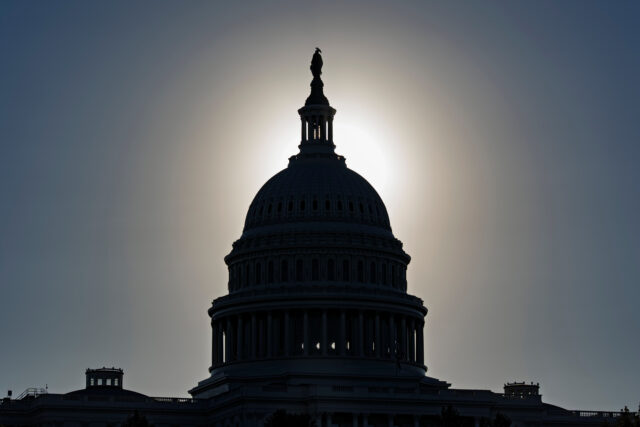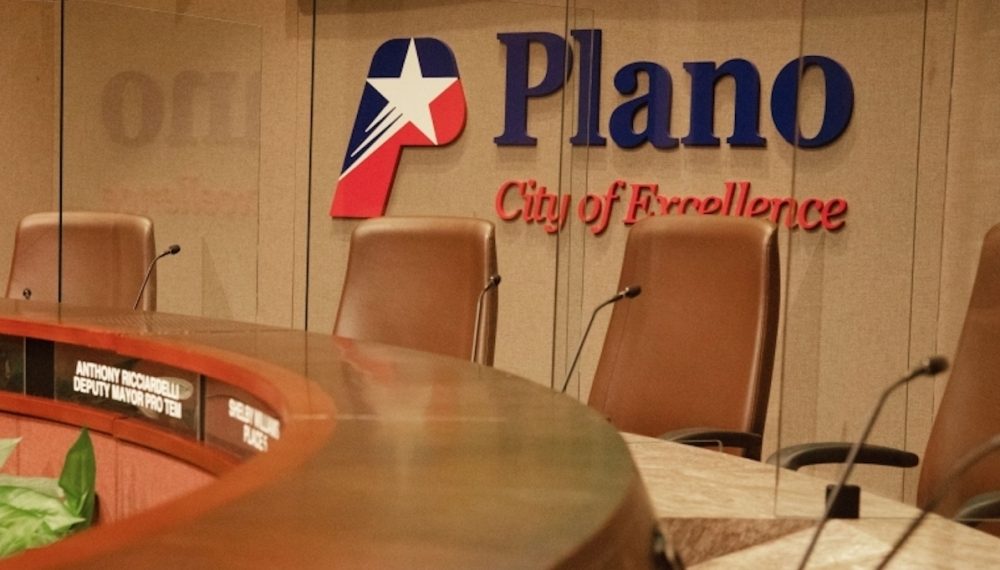Inappropriate posts can turn off employers

Photo courtesy of Spongebob.Wiki.com
Spongebob and Patrick are a perfect example of photos one would not want an employer to see.
October 26, 2017
Posting on social media can hurt a potential employee’s chances of getting a job when employers or administrators browse their social media.
Almost 2.5 billion people around the globe own social media accounts, including millions of people applying for college or job opportunities. This especially goes for young adults such as high schoolers and college applicants that are more recently joining social media.
“If you’re not aware of what you’re putting out there, it can affect you getting in,” Pittsburg State University representative LaMont Thompson said.
Despite how many dozens of people talk about it, it is still very easy to forget that every little picture, comment, post and like is saved across servers and preserved forever online.
Even the conversations and images believed to be private and unreachable can come into the light. For example, early last summer a group of incoming Harvard freshman were caught in a private messaging group, sending offensive material amongst each other. This would eventually lead their acceptance to Harvard University to be revoked.
“Screenshots exist and they are out there,” University of Kansas representative Nic Anguiano said.
In an online survey, the majority of students that responded said they use Snapchat the most as their social media of choice. While people may think the convenience of “disappearing” photos and videos is great for sending anything without consequence, it is a known fact that all social media providers save everything you send.
Despite most teenagers thinking they are sneaky in their online interactions and no regular adult could possibly track their actions, no online profile or interaction is that difficult to find.
“We find profiles the same way you guys communicate with each other, you volunteer the information,” Thompson said.
A general rule to keep in mind is that if there is a question or doubt on whether to post or not, the answer is most likely going to be no.
“Be aware of what you’re posting,” Anguiano said. ”Think about your future.”
For employers who have worked off of interviewing as a way to hire, social media has started to gain traction as a better way to get to know a stranger’s personality much faster.
“I check social media because it’s a good way to see how people interact socially,” school director of St. Christopher’s Montessori Becky Meyerson said.
In another online survey the majority of the people said when they use their accounts they are publishing pictures and videos of what they are doing in their lives on to the internet. It is especially important to be cautious when that is the case.
“We look to see what they’re about. Are they using their account to goof around? To troll? State their political views? Or using it in a respectful way?” Anguiano said.
In Jobvite’s Recruiter Nation Report, 92 percent of recruiters use social media to assess a candidate’s potential. A recruiter is not going to want to read or see someone over sharing their life or posting themselves in inappropriate situations.
“Are they mature or do they post drunk pictures of their lost weekends?” Meyerson said.
A company will not employ someone if their party pictures will sully the company’s image. An irresponsible and immature employee or student is dispensable, a company or school’s reputation is not.







